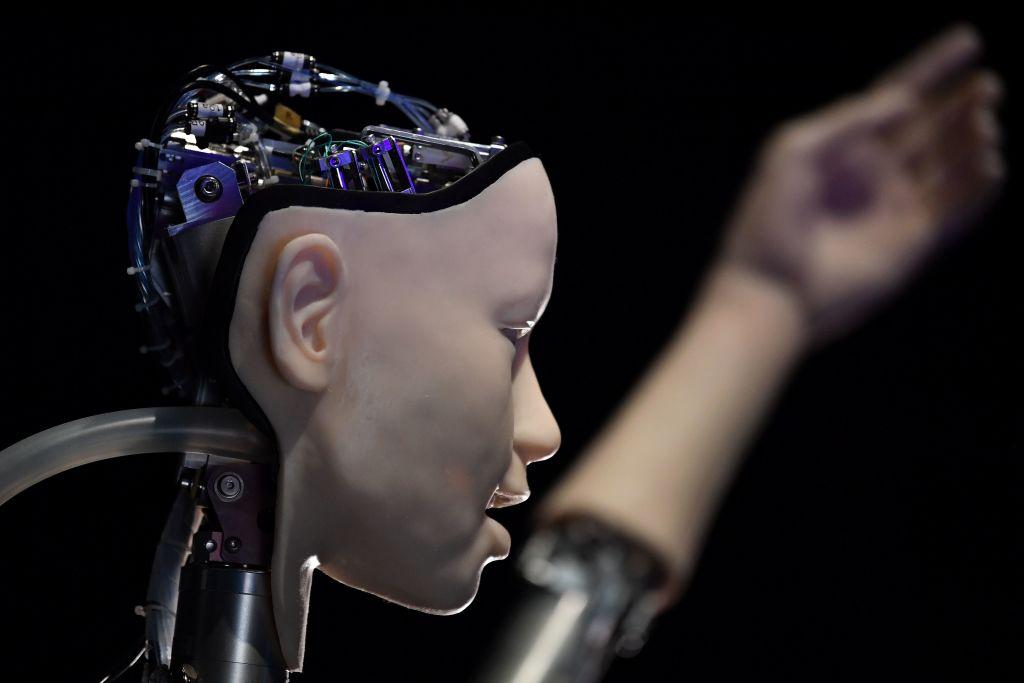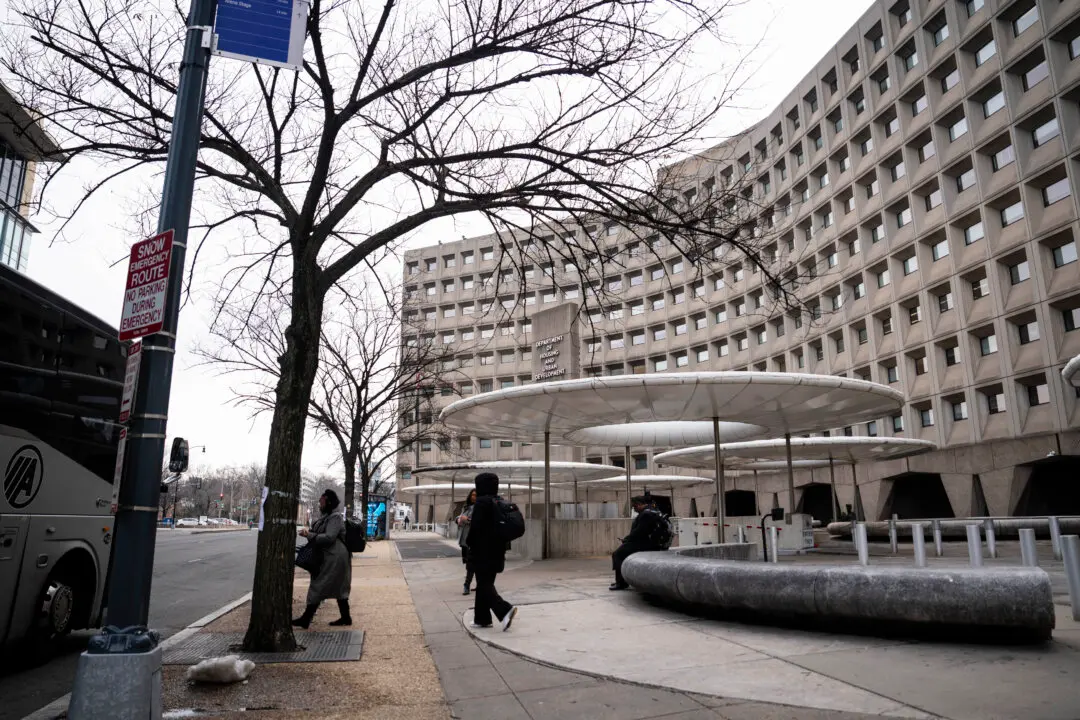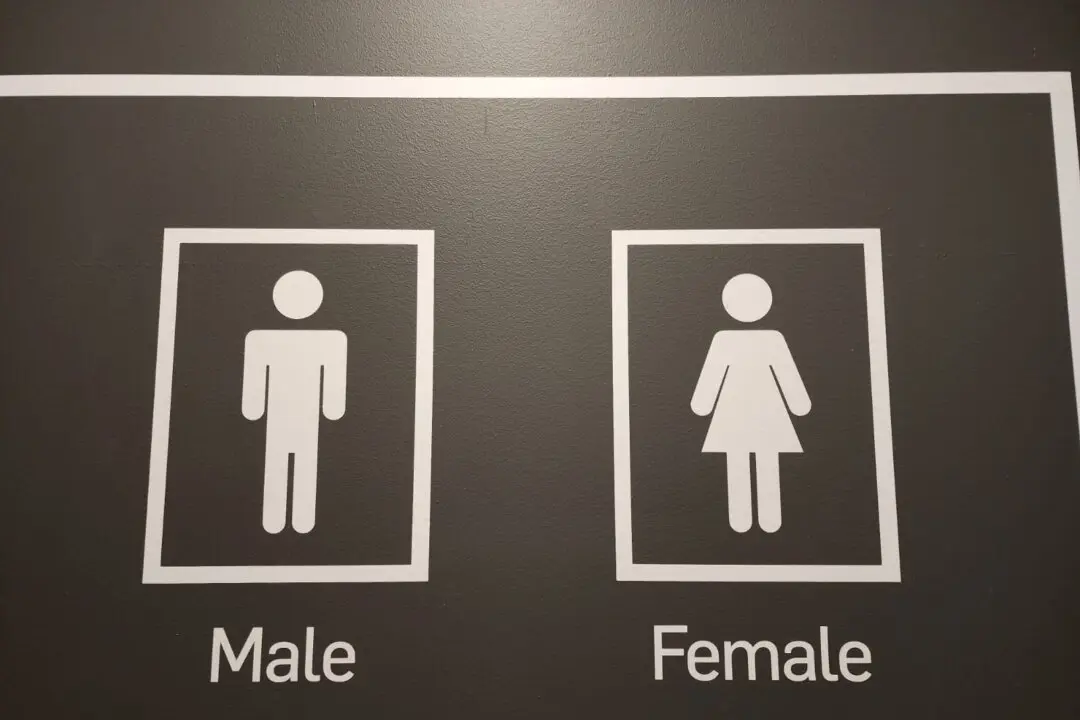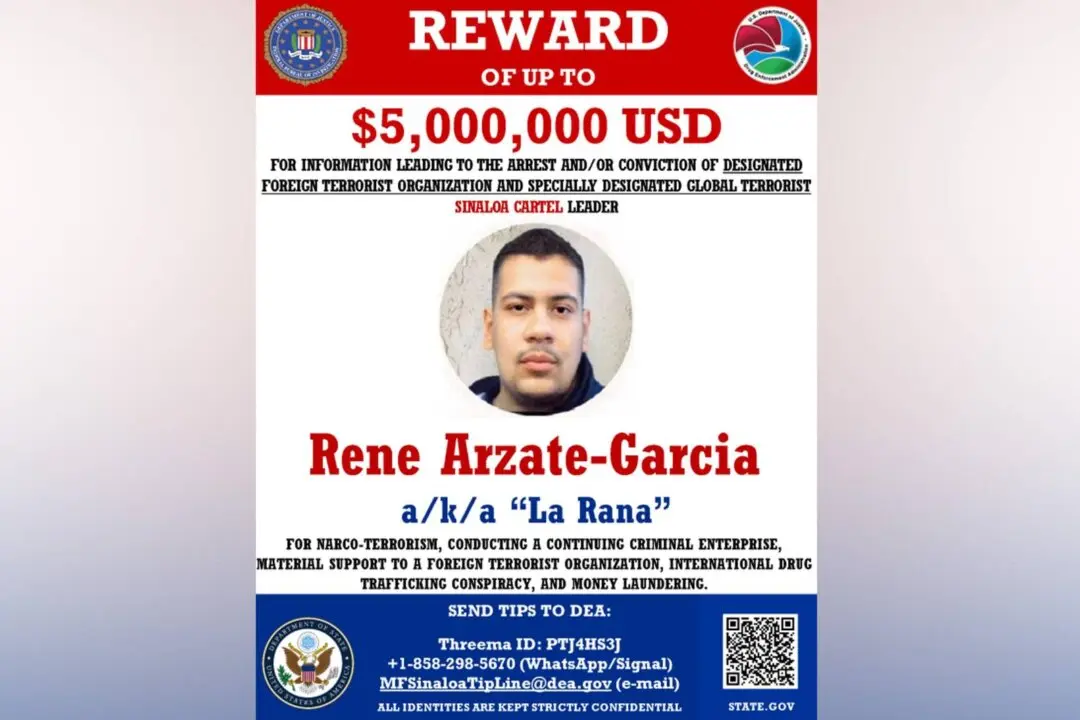Google’s parent company Alphabet is combining two of its artificial intelligence (AI) research units in a bid to “significantly accelerate” the company’s progress in the field.
“This group, called Google DeepMind, will bring together two leading research groups in the AI field: the Brain team from Google Research, and DeepMind,” Alphabet CEO Sundar Pichai said in a blog post on Apriol 20. “The pace of progress is now faster than ever before. To ensure the bold and responsible development of general AI, we’re creating a unit that will help us build more capable systems more safely and responsibly,” he said.





